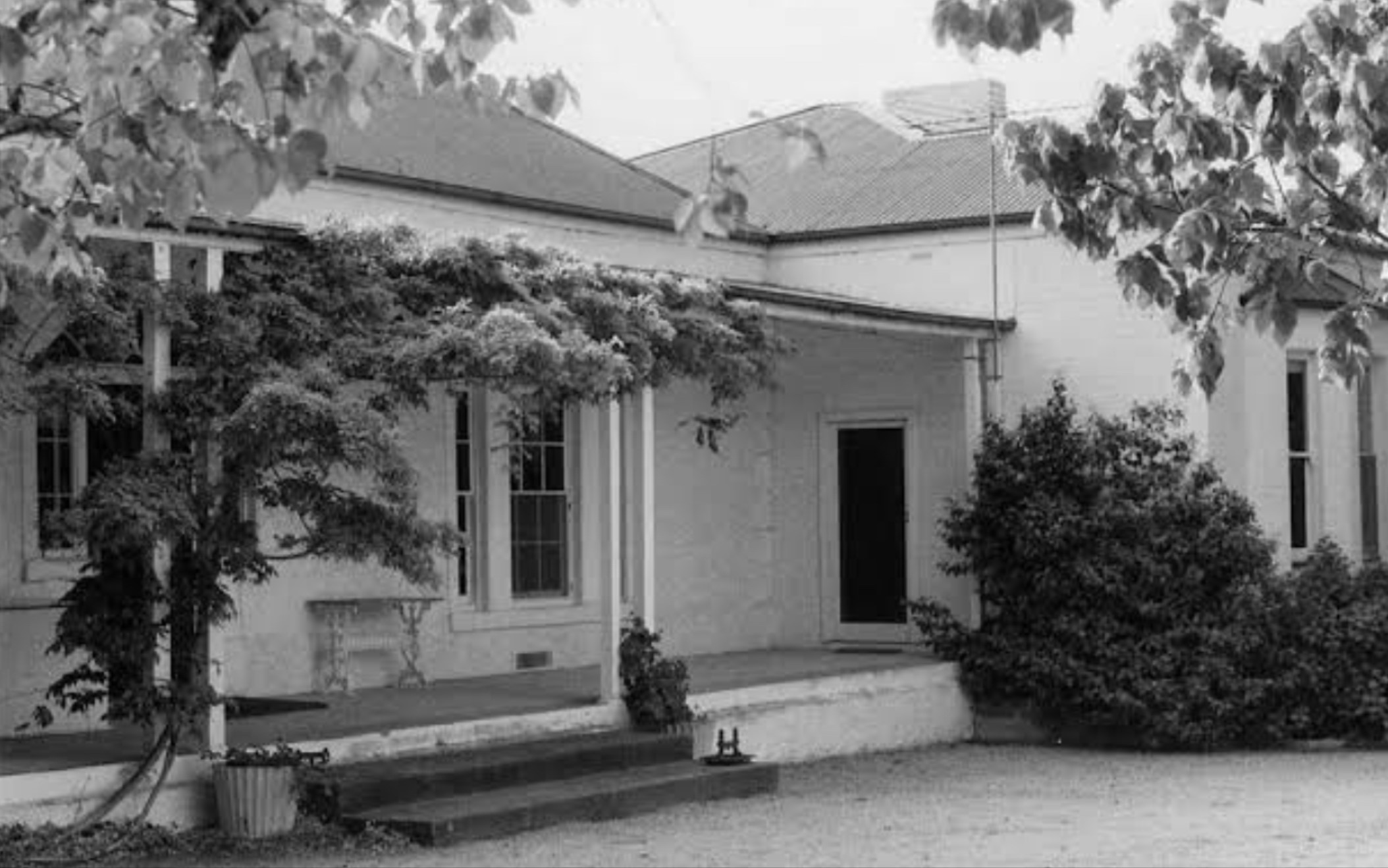
Don’t know all that much about the Paris solar eclipse of April Fool’s Day 1764 other than it was about six and a half minutes long and had folks pretty well spooked.
It impressed the daylights out of scientists, mathematicians, astronomers and philosophers across Europe, though, who studied it in great detail.
Elsewhere, as it loomed ominously, priests told their congregations the eclipse wouldn’t make them sterile, or mark some terrifying descent into war, or disease or accident. Superstition and stupidity reigned supreme; think Trump staring at his eclipse. And
So impressive was the celestial curiosity, British royalty deigned to mark the occasion; the Duke of Cumberland more than auspiciously naming a thoroughbred born on the day, Eclipse.
The stallion won 18 races, including an outrageous 11 King’s Plates, which spelled a premature close to his career because no-one would bet on anything he ran against. A bookie-led redundancy.
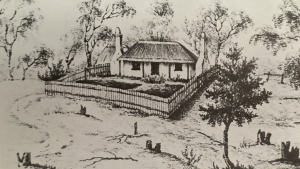
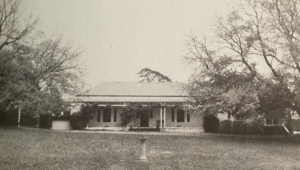
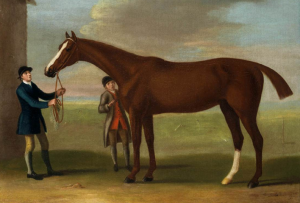
The Eclipse Inn, aka Darra and Durdidwarrah, and the great thoroughbred Eclipse.
But Eclipse proved himself a similar star at stud, siring no less than an official 344 winners, and perhaps as many as 400, under the canny eye of Irisher Dennis O’Kelly. He was a veritable goldmine.
A century later, with a reputation like Phar Lap’s only bigger, Eclipse’s name was closely tied to yet another goldmine; a real one, 12,000 miles away in the Antipodes half-way between Geelong and Ballarat.
Dudidwarrah, later Darra, was a homestead set up in Brisbane Ranges in 1842 by squatter Charles Augustus von Stieglitz – not Steiglitz as inaccurately recorded by surveyor A.J. Skene – on a 24,000-acre run east of present-day Meredith.
For a while, it was the Eclipse Hotel, and the area about it, Eclipse, named for the famous racehorse.
In 1853, after Stieglitz had expanded the property to 74,000 acres, he sold up to various purchasers…”. and returned to Ireland, proprietor Richard Coombes was happily welcoming “parties proceeding to the diggings and up the country”.
One observer, impressed by the house and garden of Stieglitz, recorded:
“One arrives at the Eclipse Inn, one of the prettiest places in the colony. It isa really a treat, even in this unpoetic colony, for the traveller, way-worn, dust-stained, and accustomed to the noisy bar-rooms of gold-fields inns to enjoy the quiet and repose of the Eclipse and to sit on a summer’s evening under its verandah, and inhale the sweets of the woodbine, the jasmine, the lily, and the rose.”
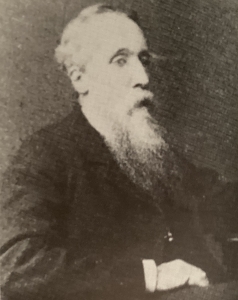
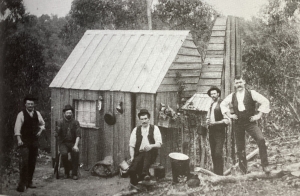
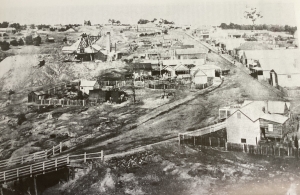
Charles von Stieglitz and prospectors and streetscape at the gold town Steiglitz.
It was a fair and far cry from the roughhouses that rapidly emerged at the Steiglitz diggings after gold was found there in 1856. Mind you, the bloke who in 1863 took over Eclipse, as the area came to be known, oversaw some serious roughhouses himself.
William Champ was the first premier of Tasmania and a former commandant at the notorious Port Arthur. He was also boss of Pentridge Prison’s construction.
Steiglitz, of course, was a significant gold town – one old chestnut suggests Charlie von Stieglitz discovered a rich gold reef while digging well but filled the well in and said nothing about it.
It was busy town, too, even if its roughhouses were relatively mild by gold town standards. Fears of a Eureka-like uprising in its earliest days secured a modest police contingent but its work was equally modest; the odd sly grog operator, publicans operating outside their hours.
Steiglitz was hard to get to, buried deep in near-impenetrable bush with all manner of treacherous gullies, saddles and swales. Took more than four hours by bone-jarring coach from Geelong. The coroner even refused to attend to investigate deaths in the town.
But gold was a magnetic lure. And Steiglitz’s gold operations helped finance everything from churches, schools, pubs and sly grog dealers to butchers, bakers and bootmakers – from tobacconists, tailors and blacksmiths to undertakers, fruiterers and doctors.
As for Eclipse, it’s recalled in the area by a bush track of the same name, as well as a creek and a bridge. The new Eclipse estate at nearby Ballan is proof positive there’s still money to be made flogging a dead horse.
A few ancient lichen-ravaged headstones at the Steiglitz Cemetery also bear testament to the forgotten pub and area. In the world of bloodstock, however, it’s a vastly different matter.
Eclipse’s siring efforts have placed him squarely in the history books. His pedigree is to be found in an estimated 95 per cent of all thoroughbred horses. That’s really sowing your oats.
This article appeared in the Geelong Advertiser 25 March 2024


